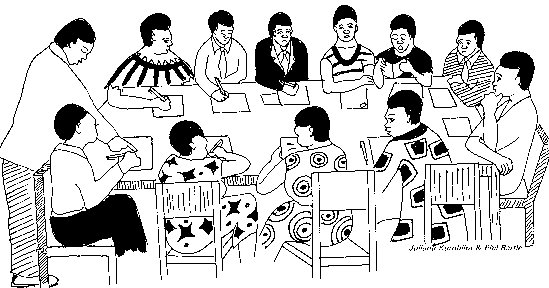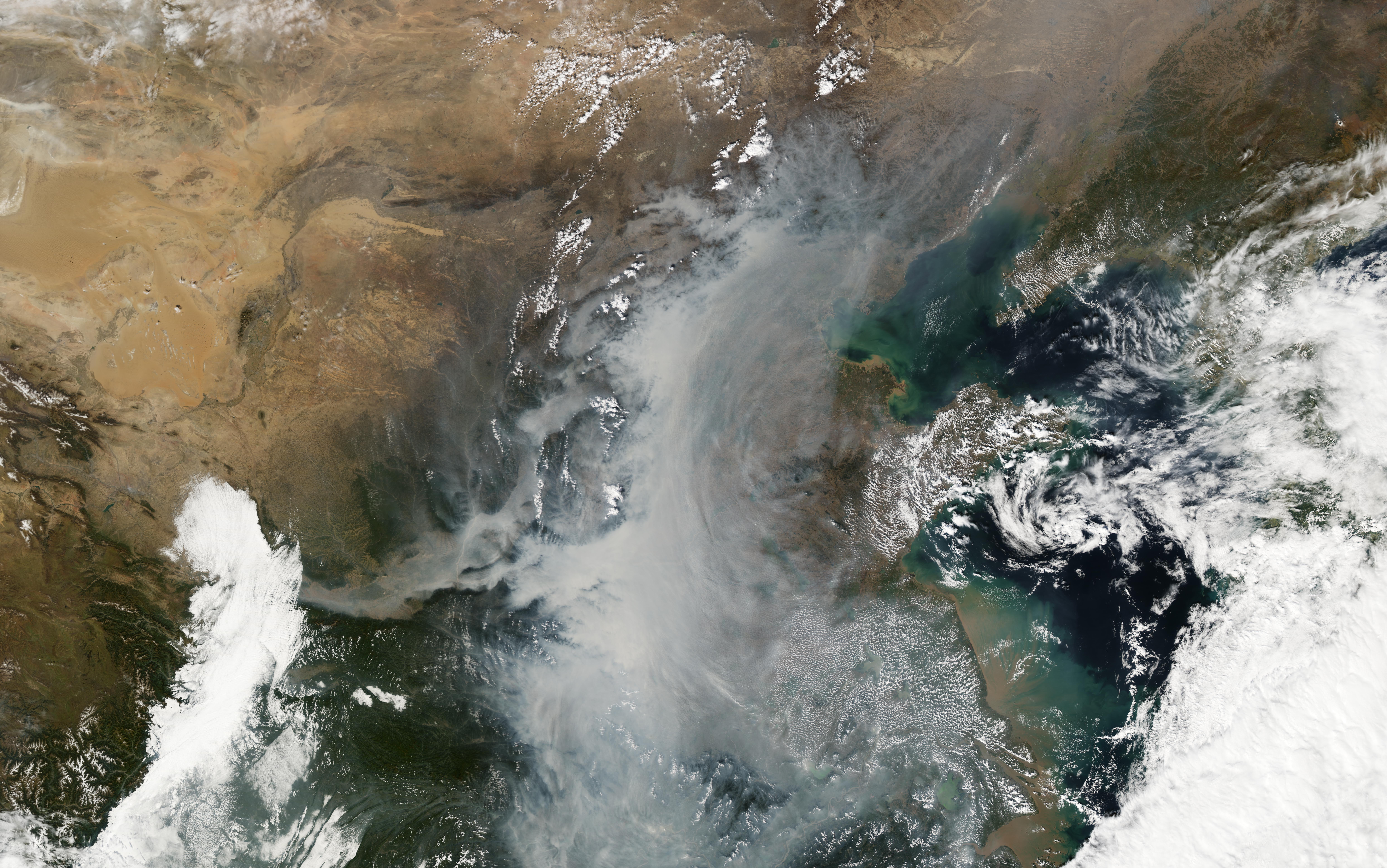 |
| $10 food coop veggie boxes at the LA Eco-Village |
Please pardon the major lapse in time since I last blogged. I am studying for the LSAT (law school admissions test), establishing a school garden, and working on the GMO Film Project, and have been sucked into the vortex of life outside of blogging. Minimal blogging will probably be the state of things for the next month as I take the test on Oct. 6. I hope you wish me luck. :)
I want to share a comment currently awaiting moderation that I just left on a Zocalo Public Square article during a study break. The article describes Janesville, Wisconsin, the city that Paul Ryan, Mitt Romney's running mate, is from.
The article was fascinating and lead to a great series of comments from the public, ignited by Jim Mueller, who wrote to the author:
Your description of Janesville history during the time of Ryan’s coming of age sounds like a place of insecurity and disappointment, which helps me understand Ryan’s individualist mentality: if my community erodes around me, what else can I depend on but by my efforts alone, freed from taxes and regulation, and other ties to community. The strongest will survive and reproduce and the weakest will die alone. Let the devil take the hind-most.
The American people have to begin to see our communities as places to nurture and develop our children, starting with secure family and community life anchored by a dependable source of income, wisely managed. In the intensely urban and diverse populations of the future, individualism will not secure the general welfare. The American people can only do that in cooperative community.
This comment led to a very interesting debate on competition, business, capitalism vs. community cooperation/collaboration.
Here is my two cents:
Bruce and others reading the comments here:
Firstly, I really appreciate this dialogue. Not only is it interesting, but it is a reflection of the times we are in and the philosophical challenges we face as a society as we struggle with trying to figure out how to move forward as a nation filled with a BROAD diversity of ideas, cultures, needs, etc.
My thoughts on competition vs. cooperative community is the following:
I do believe competition is an inherent characteristic of human nature (and probably much else of nature), but I don’t think that it intrinsically signifies pure self-interest or precludes cooperative community engagement.
‘Markets’ have existed for thousands of years – people trading or selling things they grew/made/somehow acquired in competition with others. Today ‘market’ generally refers to capital markets, and somehow people think this means a disconnect from trade markets of the past. In past societies, you saw villages of people living in support of each other. People didn’t bury or birth each other just for money. Even today, sure mainstream American ways of doing things are generally based on post-industrialism and capitalism, but even in the United States many people do things for reasons other than money or primarily seeking self preservation.
For example – Detroit after the flight of GM and other car manufacturers has in recent years turned into a city with more urban vegetable gardens than any other US city. Urban community and backyard vegetable gardens are starting to be planted increasingly throughout the US and the world. These spaces are places where people give away tons of free food, and where people willingly volunteer their time.
The example above is in large part a response to mainstream US profit only driven mentality. Agro-industry makes a LOT of money by growing massive amounts of only a few kinds of crops (which require pesticides and these days incorporates genetic modification – which is also a source of profit due to patents and monopolies, etc) by companies trying to maximize profit and minimize costs. These farming practices and globalization (like NAFTA) mean that low wage (and often illegal) immigrants are the primary farmworkers in the US, and that village farms in much the rest of the world (like Mexico) have been forced closed by increasing establishment of massive monoculture farms. Further – and for many – most importantly, food is highly expensive when much of it can be grown for free or for low cost in the ground.
Bruce also mentioned that the US manages and contributes to charity more than other places in the world. Well let’s think about this for a moment. In places where villages still exist – like much of Africa, Asia, parts of Latin America, and even parts of Europe, there was simply no need for ‘charity’. People took care of each other. If a kids parents died, if someone was sick and old, if someone was mentally ill, etc., people took care of each other – for custom and community health – not for profit. In many Asian, Latin American and African families today – even those living in the US – it is common for the younger generations to care for older generations until death without a second thought. Not because they are profiting from it, but because that is just what is expected. The community garden example, for me, is also an example of people in the US today, in our major cities, bringing back this village mentality in a beautiful, refreshing, and modern way.
The point is, It is a fallacy to say that competition or even capitalism exist at the exclusion of community cooperation. They can and should work together. I might volunteer to run a school garden twice a week, but if I can get enough of the community involved and we can grow enough produce, perhaps we can sell veggies at local markets, or to local gourmet restaurants, earn a profit, and pay ourselves for our efforts, while collaborating and benefiting each other. And these types of stories happen everyday and increasingly so, exacerbated by the Great Recession.
I believe it is time to rethink the false division between community cooperation/collaboration and capitalism/business and see what kind of innovation and societally holistic benefits can come out of it. I think our politicians should consider this also.





